No, Apple TV is far from a new product. In fact, it was introduced on the same day as the first iPhone, i.e. back in 2007. But over the past 14 years, this Apple smart-box has undergone major changes, but it has never become as big a hit as the iPad or even the Apple Watch. Maybe it's time for Apple TV to radically change.
Apple never knew exactly what it wanted from the Apple TV. At first it was basically an external drive with iTunes that could be connected to the TV. But since streaming platforms like Netflix became popular worldwide, Apple had to completely rethink its product in its second generation.
It could be interest you

The App Store was a milestone
Arguably the biggest update was the one Apple TV brought to the App Store. It was the 4th generation of the device. It seemed like a new beginning and a real expansion of the potential that remains untapped to this day. Not much has changed since then, even after the introduction of the current 6th generation. Sure, a faster processor and again changed controls and a few extra features are nice, but they won't convince you to buy.
At the same time, a lot has changed in the television market over the last decade. However, Apple's strategy for its smart-box remains largely uncertain. If there actually is one at all. Mark Gurman of the company Bloomberg pointed out recently that the Apple TV had "become useless" in the midst of its competition, and that even Apple engineers had told him they weren't too optimistic about the product's future.
It could be interest you
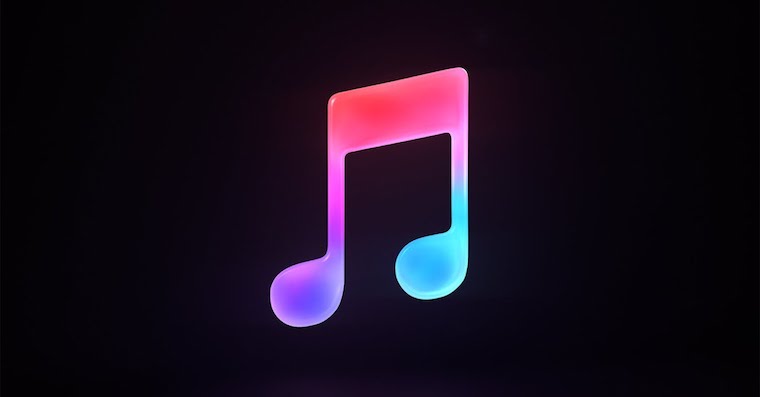
Four major benefits
But there is absolutely nothing wrong with Apple TV. It is a sleek device with powerful hardware and useful software. But it doesn't make sense to most potential users, and they shouldn't be surprised. In the past, Apple TV was suitable for everyone who didn't have smart TVs - but there are fewer and fewer of them. Now every Smart TV provides many smart functions, some even offer direct integration of Apple TV+, Apple Music and AirPlay. So why spend 5 CZK for the little extra that this hardware offers? In practice, it involves four things:
- Apps and games from the App Store
- Home center
- The Apple ecosystem
- Can be connected to a projector
Applications and games tailored to Apple TV may appeal to someone, but in the first case they are also available on iOS and iPadOS, where many users will use them faster and more conveniently, because Apple TV is bound by many unnecessary restrictions. In the second case, these are just simple games. If you're going to be a real gamer, you'll reach for a full-fledged console. The possibility of connecting to the monitor will then be used by only a handful of specific users who can present their work, undergo training or education through this device. HomeKit's home center can then be not only the HomePod, but also the iPad, although the Apple TV makes the most sense in this regard, because you can't just take it out of the house.
Competition and a possible novelty variant
Connecting with an HDMI cable, and another controller, no matter how good, is simply a burden. At the same time, the competition is not small, as there is Roku, Google Chromecast or Amazon Fire TV. Sure, there are some limitations (App Store, Homekit, ecosystem), but you access streaming services with them just as elegantly and, above all, cheaper. It is clear to me that Apple will not listen to me, but why not cut Apple TV from certain functions (App Store and especially games) and make a device that you connect via USB and still provide you with the essentials - the company's ecosystem, the center of the home and the Apple TV+ and Apple platforms Music? I'd go for it, how about you?
It could be interest you
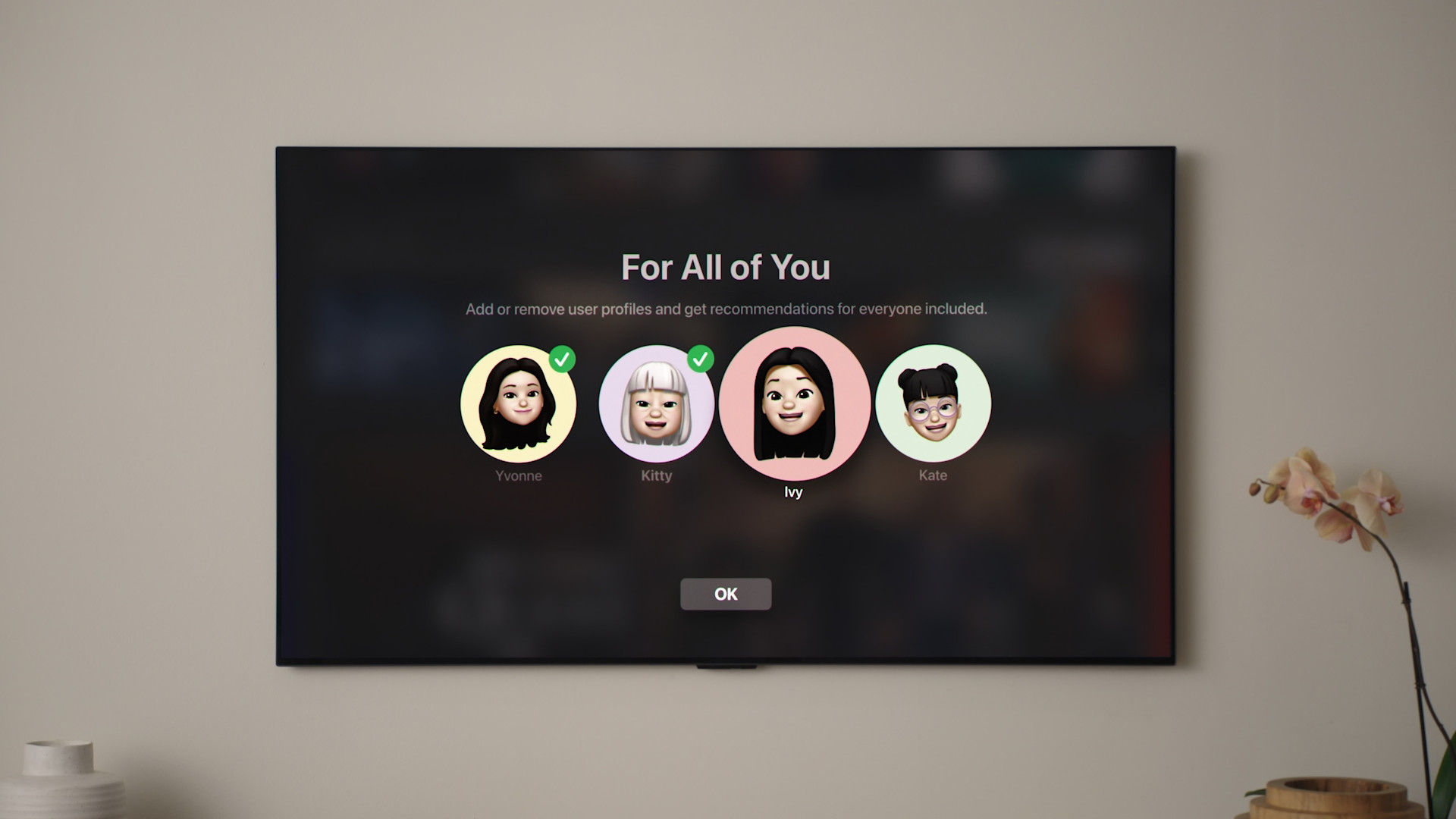
 Adam Kos
Adam Kos 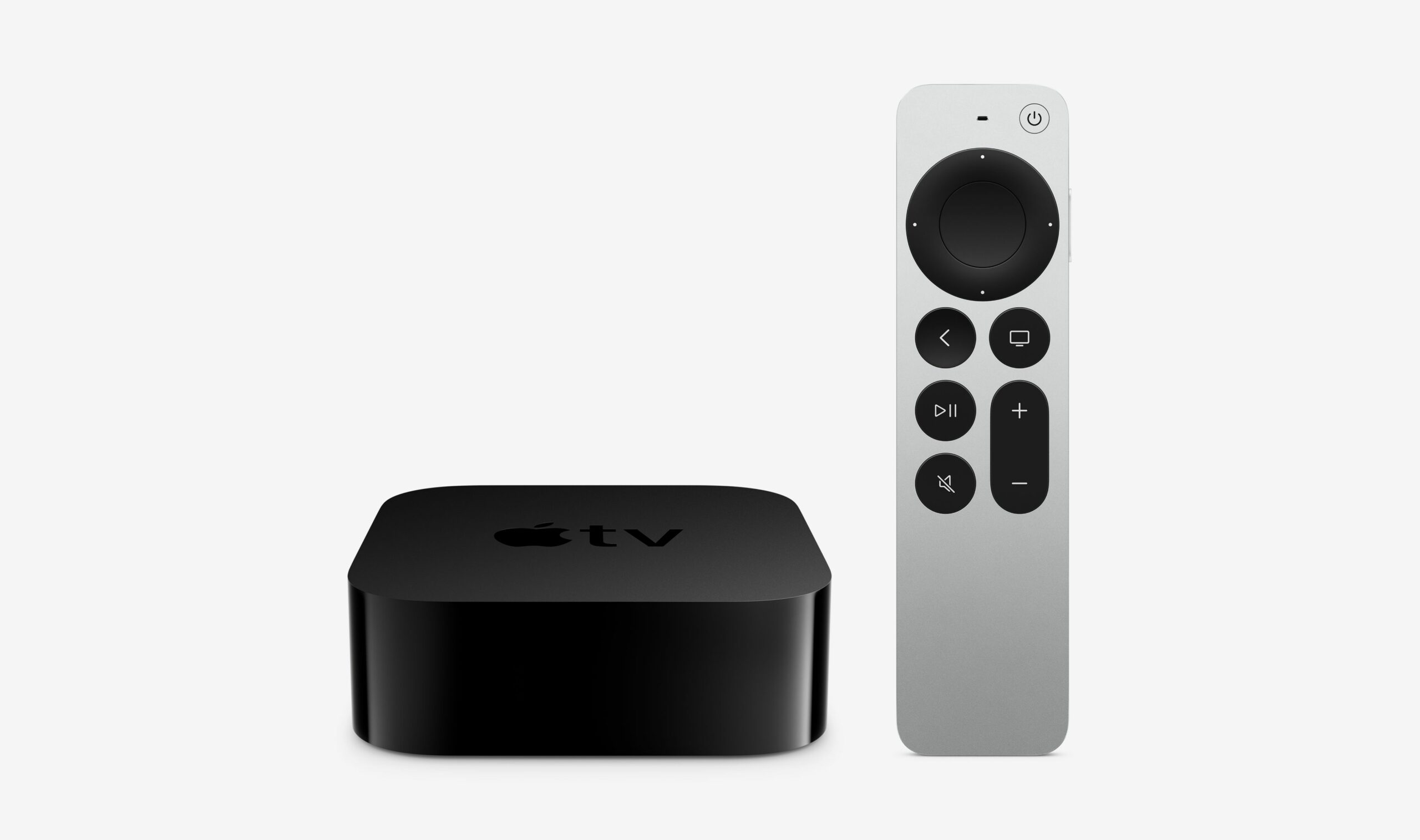
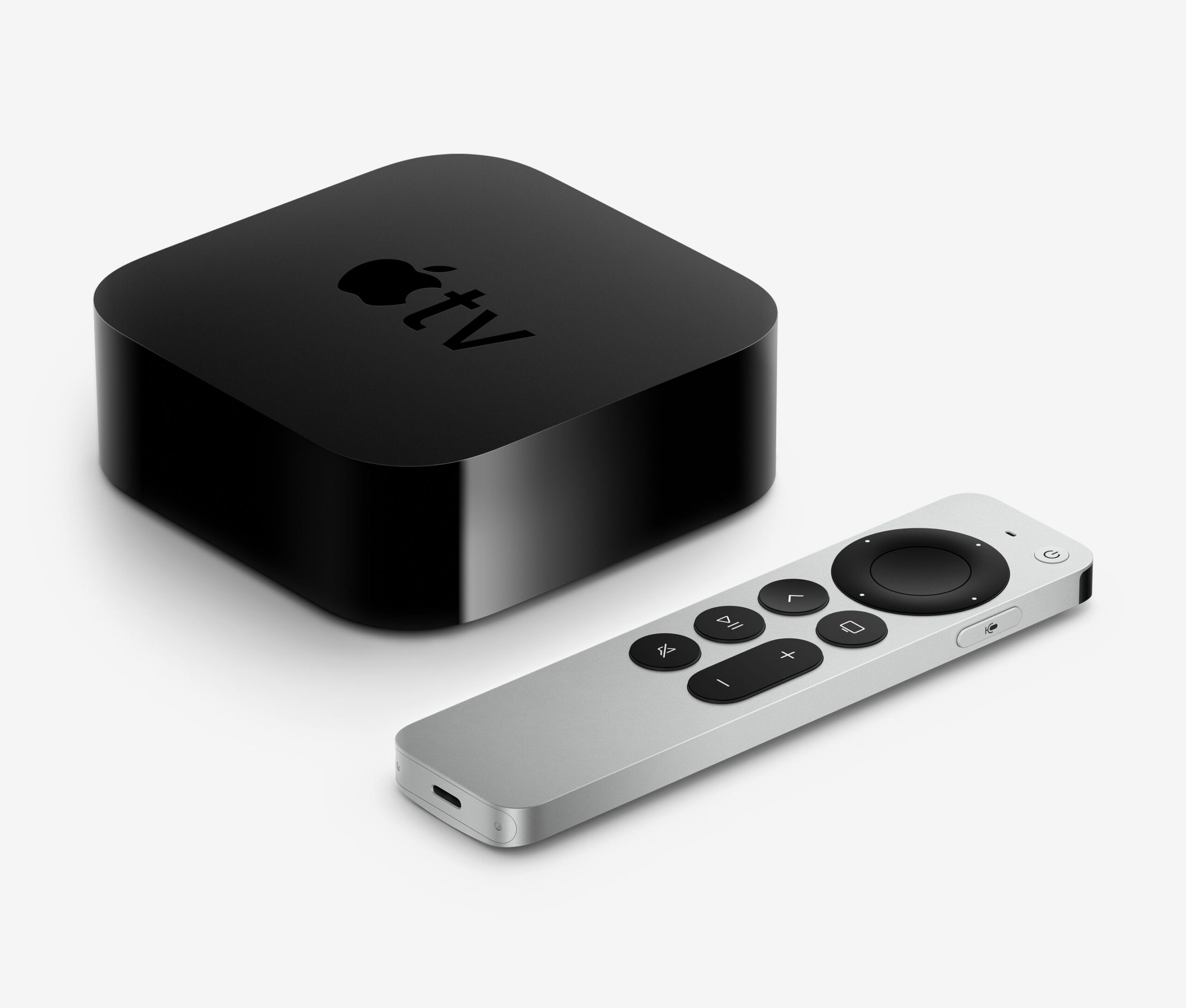

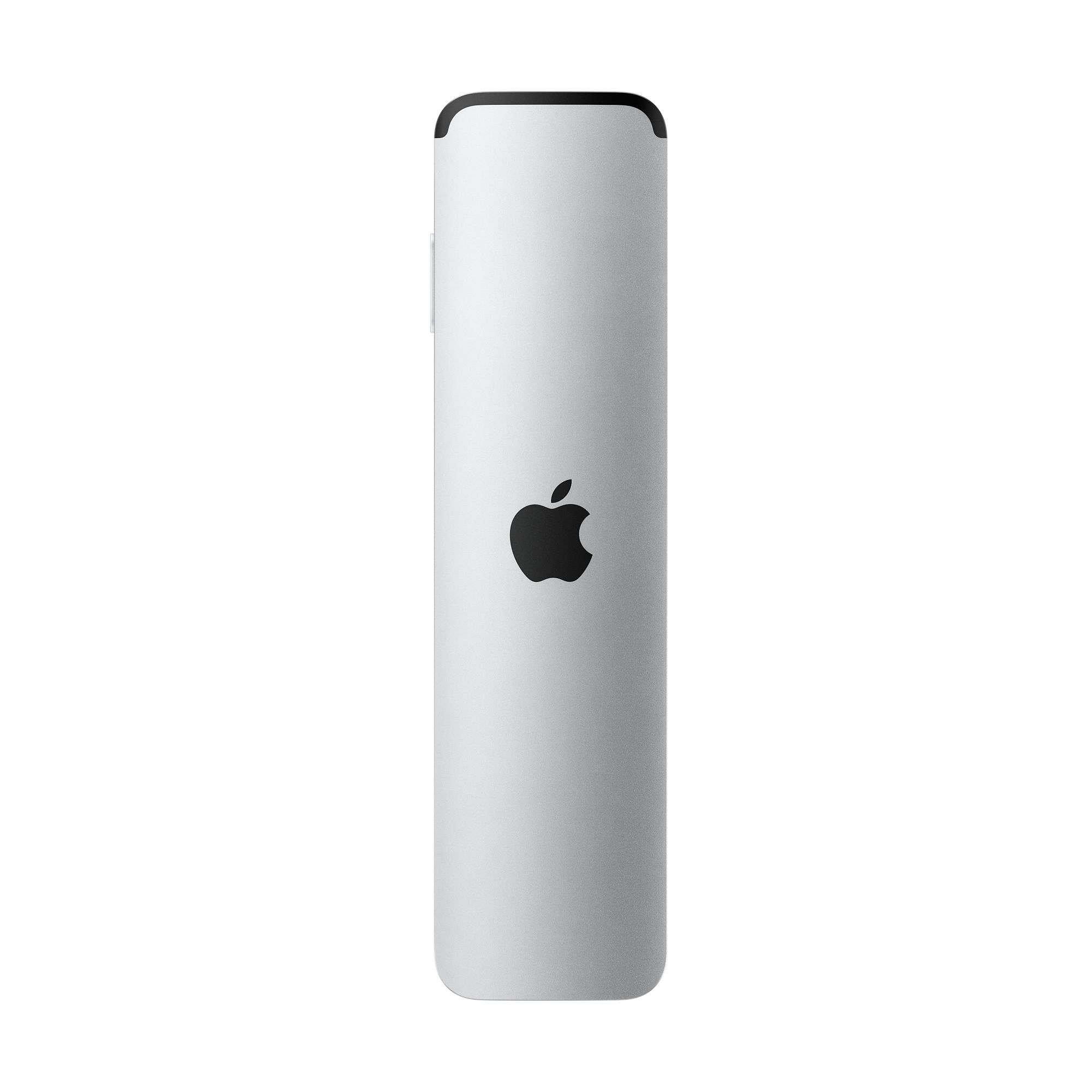
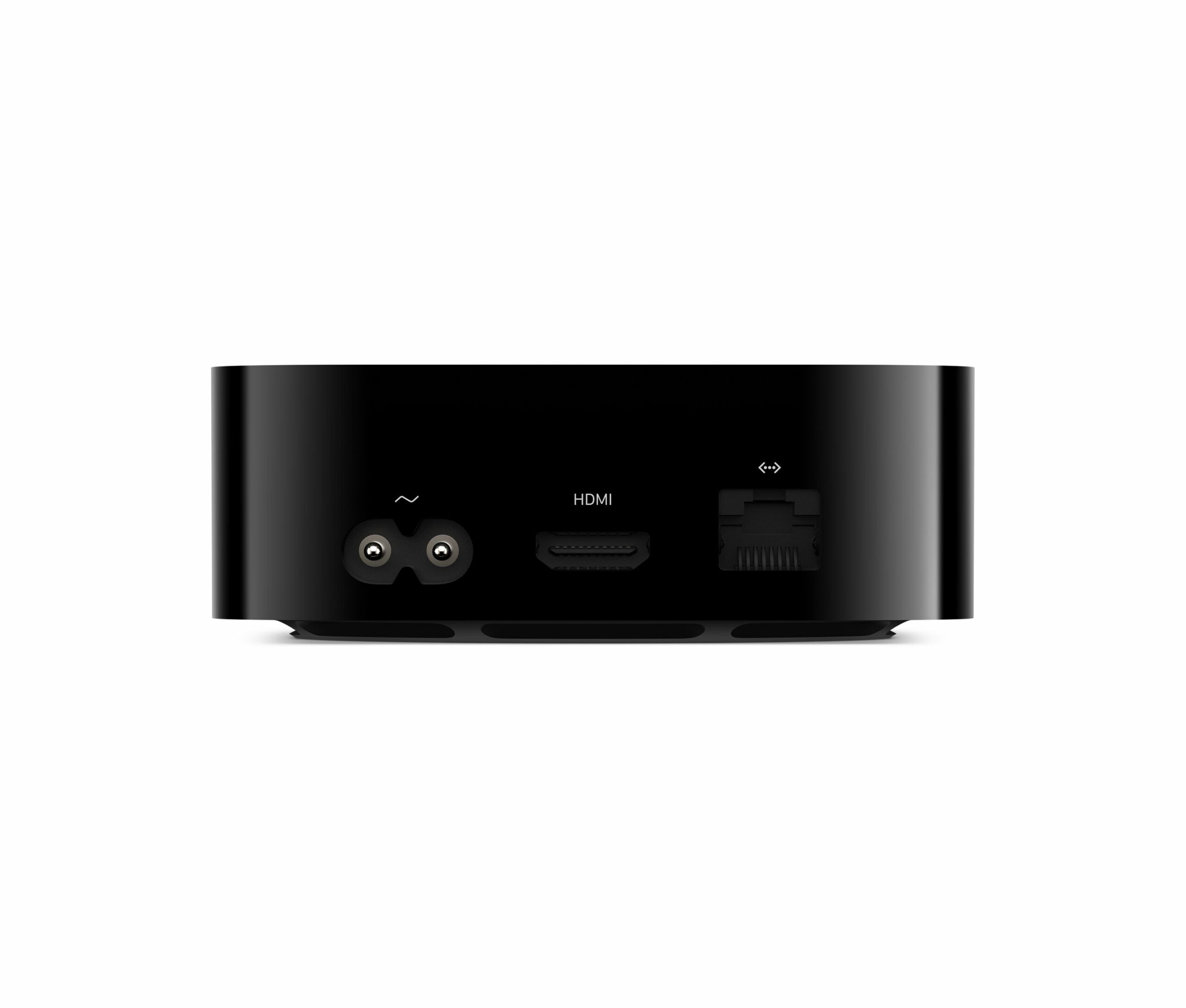
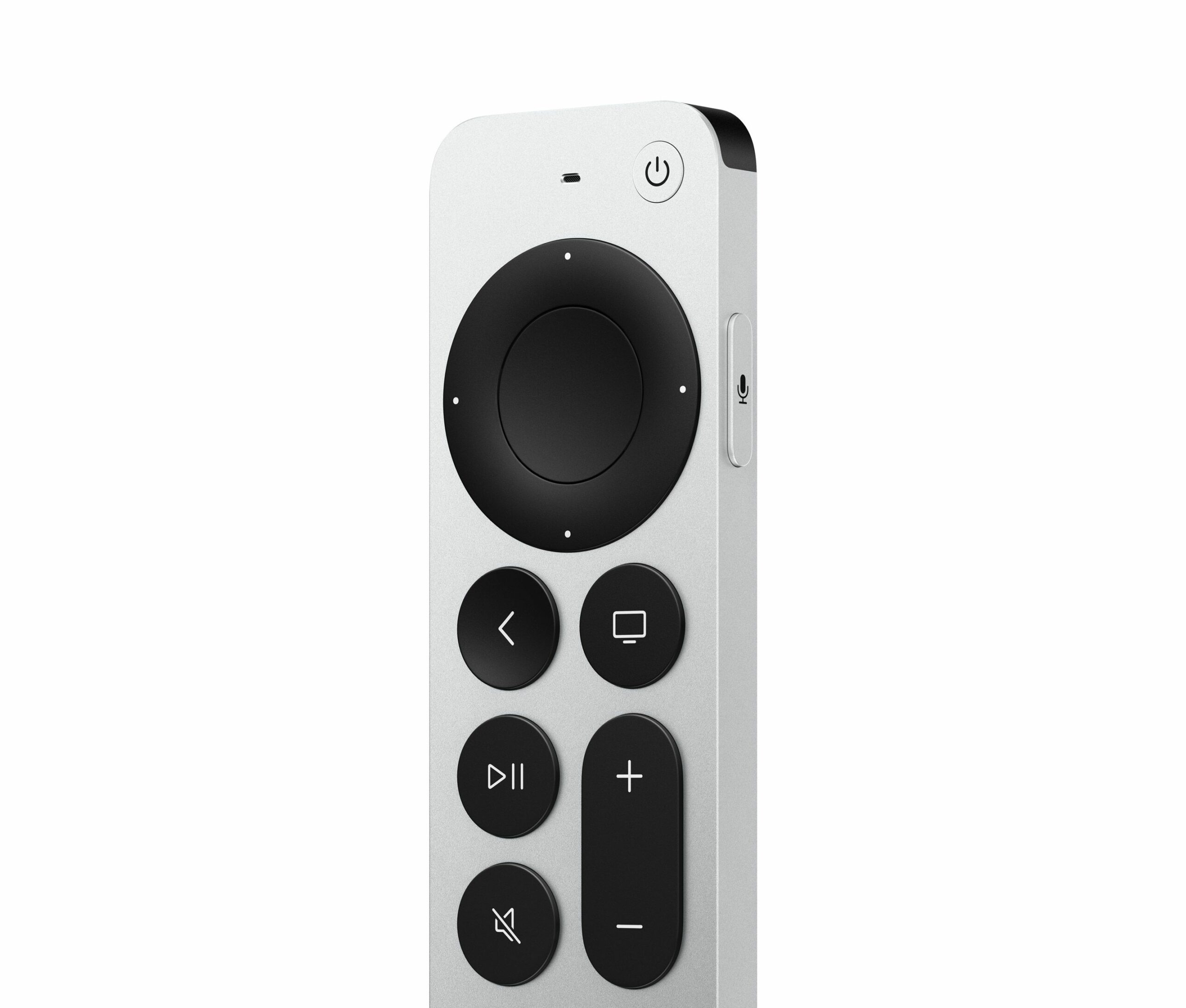
The only reason they would cut anything, on earth? I understand thinking about the future, something should change, but limit something? rather to add, to differentiate. I'm afraid that as you started well, you sloppy with the final drafts, as if you wanted to get the clickbait article over with. Damage.
Would anyone buy it because of appletv+? I got an annual subscription for a new iphone and within that subscription the content is almost zero, and within the movies it also requires extra money from me.
No, no "extra" money. It's just that it's slightly confusing for the less skilled, but only slightly. It's easy. Everything under the apple tab with a plus sign is already part of the subscription, you don't have to pay more, everything outside it is a normal iTunes movie rental/purchase store.
But the subscription content is worth almost nothing compared to the competition, so I really don't see a reason why I should buy a TV box for that
I have a smart tv but still use apple tv. Applications are faster on it and control is more pleasant than directly on the TV. And since I don't watch broadcast TV, I could completely put away the TV remote, the apple tv one is enough.
Same with me. Those "smart TVs" are pretty useless, every manufacturer is different (even on Android OS), some manufacturer's apps are there, others are not, quite often it works very cool, said max "enough", etc. This is how I have ATV attached to all TVs, same platform , thanks to shared desktop settings, I automatically have the same applications everywhere, set in the same order, everything works to my full satisfaction. Since I travel almost every week with an overnight stay in CR and sometimes abroad, I have an older travel card where I have Netflix, HBO, etc., I always turn on the TV at the hotel and I feel at home with everything I'm used to. In the LAST case, don't turn it into some USB trash, rather promote and educate users on what can be done with it and how to use it. It is an unnecessarily neglected box. And if the company is equipped with just a little bit more Apple, in the ATV meeting connected to a projector or large-screen display, stream presentations and other things to any participant within a few seconds wirelessly is addictive.
Agreement. At work we have an ATV connected to an 80” 4K display and it does a fantastic job. At home, we also prefer the ATV to the smart functions of the TV and BD player. Well, we haven't actually turned BD on for a few years now, it's just sitting there collecting dust.